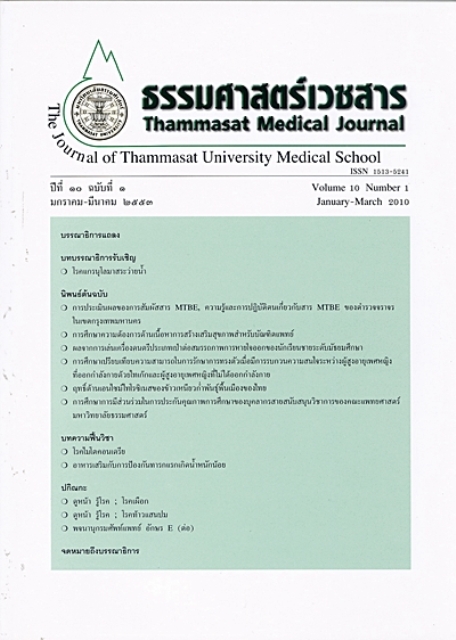Nutrition Supplementation and Prevention of Low birth weight
Keywords:
Low birth weight, Nutrition supplementationAbstract
Low birth weight is a major determinant of mortality, morbidity and disability in neonates, infancy andchildhood, Therefore improvements in maternal nutrition and health can increase birth weight, survival and growthof the child including subsequent size and health productivity in adult life.
The mother needs an additional intake of nutrients to achieve optimal fetal growth. This additional intakeis 300 kcal per day more than the normal needs of a non-pregnant woman, that is, a minimum intake of 2,500kcal per day. As previously, the favored hypothesis was that timing maternal supplementation during the third trimesterof pregnancy would be most likely to increase birth weight. The rationale was that fetal fat deposition was fastestduring this stage of pregnancy. In earlier trimesters, when maternal fat is increasing fastest, supplementation wouldbe more likely to benefit maternal weight gain. Subsequent research contradicts this hypothesis, however, and suggeststhat nutrition intervention earlier in pregnancy will have the strongest effect on birth weight.
There is evidence to support the effectiveness of calcium supplementation for a reduction in preterm birthand the incidence of low birth weight in pregnant women, this effect was strongest in women with lower calciumintakes (<900 mg per day), and that preterm delivery was reduced in women at high risk of developing hypertension.
Key words: Low birth weight, Nutrition supplementation



